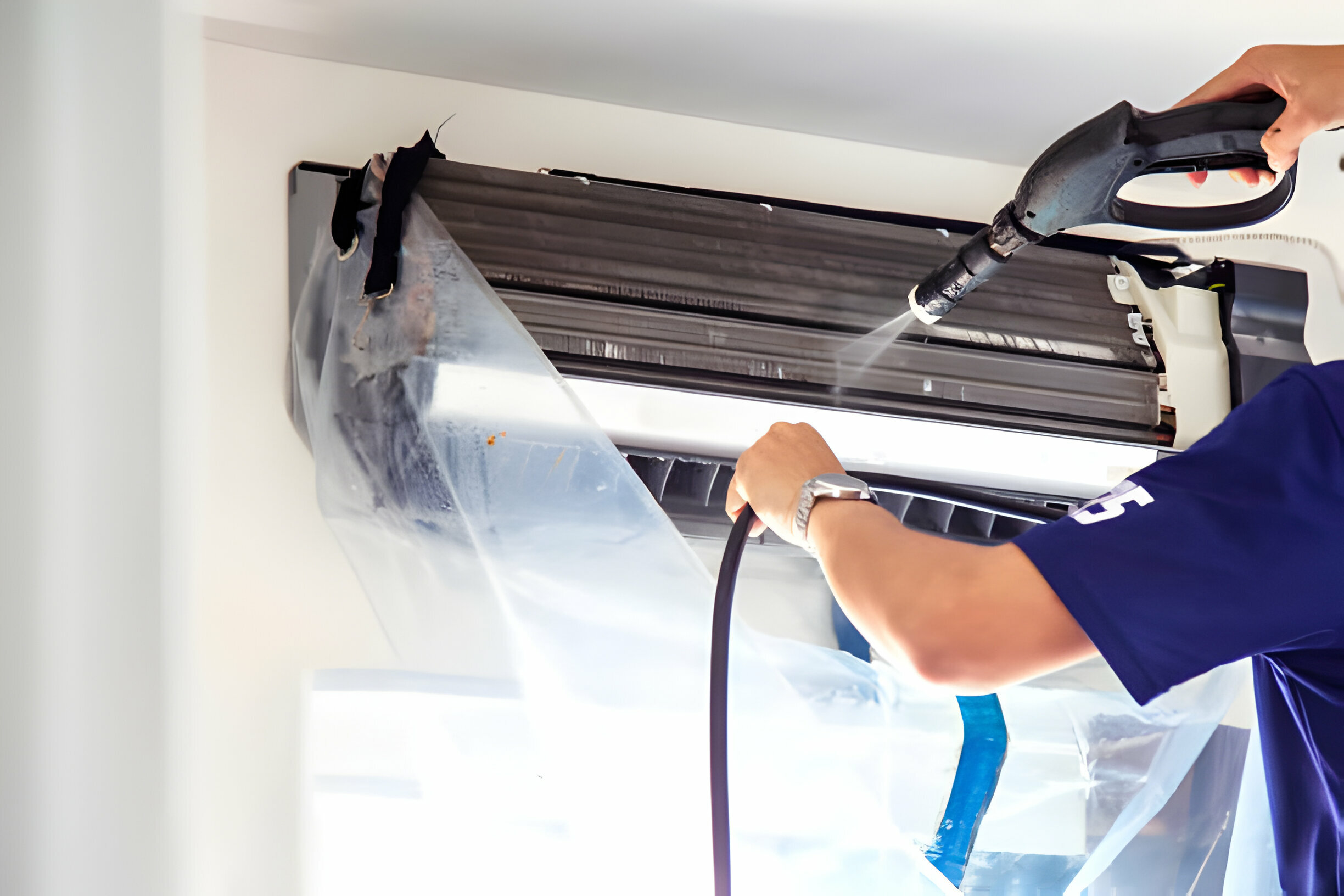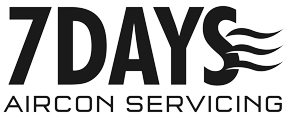
n
Air conditioning is a necessity in Singapore’s tropical climate, where temperatures often soar, and humidity levels remain high throughout the year. A well-maintained aircon system not only ensures comfort but also contributes to a healthy indoor environment. One of the essential components of an aircon system is the air filter, which plays a crucial role in trapping dust, allergens, and other particles to ensure clean air circulation. In this comprehensive guide, we’ll delve into the importance of aircon filters, how they work, and provide a step-by-step guide to cleaning and replacement.
Aircon servicing in Singapore emphasizes the importance of regular maintenance, including cleaning or replacing air filters. Neglecting this crucial task can lead to reduced cooling efficiency, increased energy consumption, and poor indoor air quality. By mastering aircon filters’ cleaning and replacement, homeowners can ensure their aircon systems operate smoothly and efficiently.
**Understanding Aircon Filters**
Aircon filters are designed to capture dust, pollen, pet dander, and other airborne particles as air circulates through the system. They help improve indoor air quality by trapping contaminants and preventing them from recirculating throughout the home. Over time, however, air filters can become clogged with dirt and debris, reducing airflow and efficiency.
**Types of Aircon Filters**
There are several types of aircon filters available, including:
1. **Fiberglass Filters:** These are the most common type of air filters and are typically disposable. They are affordable but offer minimal filtration efficiency.
2. **Pleated Filters:** Pleated filters have a larger surface area than fiberglass filters, allowing them to trap more particles. They offer better filtration efficiency but may need more frequent replacement.
3. **HEPA Filters:** High-Efficiency Particulate Air (HEPA) filters are highly effective at trapping small particles, including allergens and bacteria. They offer the highest level of filtration but are also more expensive.
**Importance of Cleaning and Replacement**
Regular cleaning and replacement of air filters are essential for maintaining optimal aircon performance and indoor air quality. Clogged or dirty filters restrict airflow, forcing the system to work harder to maintain the desired temperature. This can lead to increased energy consumption, higher utility bills, and premature wear and tear on the system.
**Step-by-Step Guide to Cleaning Air Filters**
1. **Turn off the Aircon:** Before cleaning the air filters, turn off the aircon system to prevent debris from being pulled into the unit.
2. **Locate the Air Filters:** Air filters are typically located behind a grille or cover on the aircon unit. Remove the grille or cover to access the filters.
3. **Remove the Filters:** Carefully remove the air filters from the unit, taking care not to damage them.
4. **Vacuum the Filters:** Use a vacuum cleaner with a brush attachment to gently remove dust and debris from the filters. Alternatively, you can rinse the filters under running water to remove stubborn dirt.
5. **Allow the Filters to Dry:** If you’ve rinsed the filters, allow them to dry completely before reinstalling them in the aircon unit.
6. **Reinstall the Filters:** Once the filters are clean and dry, reinsert them into the aircon unit, making sure they are properly seated and secured.
7. **Turn on the Aircon:** Finally, turn the aircon system back on and enjoy improved airflow and efficiency.
**Step-by-Step Guide to Replacing Air Filters**
1. **Purchase Replacement Filters:** Before replacing air filters, ensure you have the correct size and type for your aircon unit. Refer to the manufacturer’s instructions or consult with a professional if you’re unsure.
2. **Turn off the Aircon:** As with cleaning, turn off the aircon system to prevent debris from entering the unit during filter replacement.
3. **Locate the Air Filters:** Remove the grille or cover to access the filters, then carefully remove the old filters from the unit.
4. **Install the New Filters:** Insert the new filters into the aircon unit, following the manufacturer’s instructions for proper orientation and alignment.
5. **Secure the Filters:** Ensure that the filters are properly seated and secured in the unit to prevent air leaks and inefficiencies.
6. **Replace the Grille or Cover:** Once the new filters are installed, replace the grille or cover on the aircon unit.
7. **Turn on the Aircon:** Finally, turn the aircon system back on and enjoy improved airflow and air quality with the new filters.
**Conclusion**
Aircon filters play a vital role in maintaining clean indoor air and ensuring the efficient operation of your aircon system. By mastering the cleaning and replacement process, homeowners can prolong the lifespan of their aircon units, reduce energy consumption, and enjoy improved indoor air quality. Regular maintenance of air filters is a simple yet effective way to keep your aircon system running smoothly and efficiently for years to come.
**FAQs**
1. **How often should I clean or replace my aircon filters?**
It’s recommended to clean or replace air filters every 1-3 months, depending on factors such as usage, indoor air quality, and the type of filter.
2. **Can I clean reusable air filters with water?**
Yes, reusable air filters can be cleaned with water and mild detergent. Be sure to allow the filters to dry completely before reinstalling them in the aircon unit.
3. **What are the signs that my air filters need cleaning or replacement?**
Signs that air filters need cleaning or replacement include reduced airflow, visible dirt or debris on the filters, increased energy consumption, and poor indoor air quality.
4. **Can I use a vacuum cleaner to clean air filters?**
Yes, a vacuum cleaner with a brush attachment can be used to gently remove dust and debris from air filters. Be careful not to damage the filters during cleaning.
5. **Do all aircon units use the same size filters?**
No, aircon units come in different sizes and configurations, so it’s essential to check the size and type of filters recommended for your specific unit.
6. **Can dirty air filters affect my health?**
Yes, dirty air filters can reduce indoor air quality and contribute to respiratory problems, allergies, and other health issues. Regular cleaning or replacement of air filters is essential for maintaining a healthy indoor environment.
7. **Should I hire a professional to clean or replace my air filters?**
While cleaning or replacing air filters is a relatively simple task, some homeowners may prefer to hire a professional for peace of mind or if they are unsure how to perform the task correctly.
8. **Can I reuse disposable air filters?**
Disposable air filters are designed for single-use and should be replaced with a new filter when dirty. Attempting to clean and reuse disposable filters may damage them and compromise air quality.
9. **What is the best type of air filter for allergy sufferers?**
High-efficiency particulate air (HEPA) filters are highly effective at trapping allergens and other airborne particles, making them an excellent choice for allergy sufferers.
10. **Does cleaning or replacing air filters affect aircon performance?**
Yes, cleaning or replacing air filters regularly helps to maintain optimal airflow and efficiency, ensuring that your aircon system operates at peak performance. Failure to clean or replace air filters can lead to reduced cooling efficiency and increased energy consumption.

